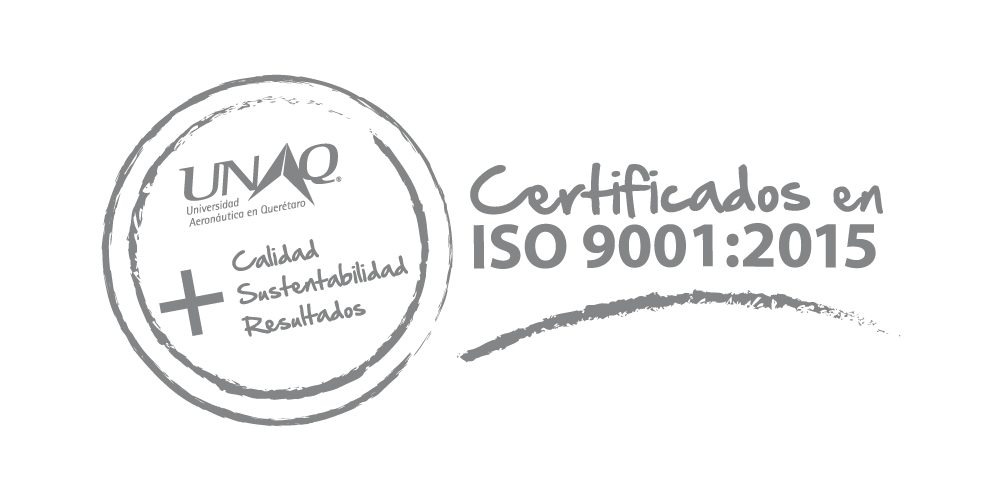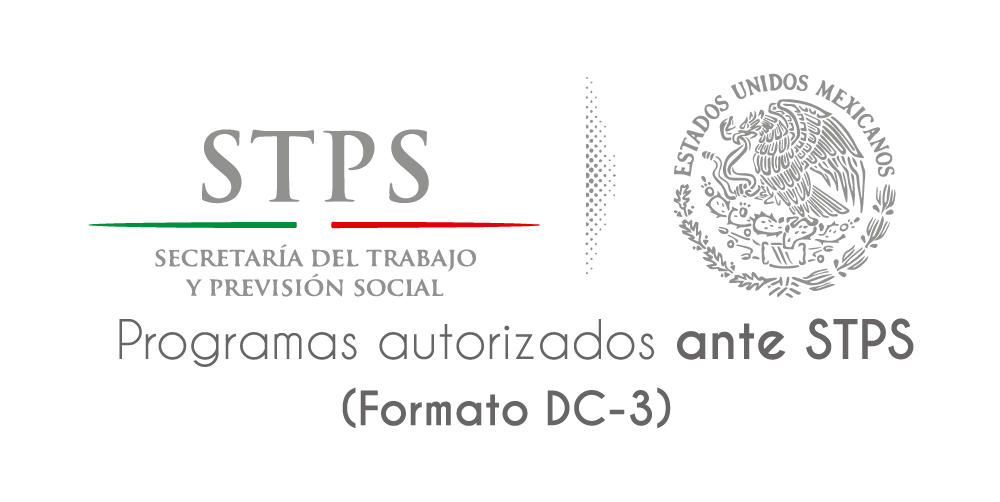
En caso de requerir mayor información o que personal lo atienda, favor de ingresar al formulario de contacto dando clic en el botón de “Más información”




En el sector aeronáutico, la capacitación y el desarrollo profesional son fundamentales para el éxito tanto individual como de las empresas. En la UNAQ, ofrecemos una amplia gama de cursos y programas de capacitación diseñados para ayudar a los participantes a desarrollar habilidades críticas necesarias para trabajar en la industria aeronáutica.
Nos esforzamos por ofrecer una experiencia de aprendizaje de calidad a través de nuestras instalaciones de vanguardia y nuestras herramientas y equipos de última generación. Además, nuestro enfoque en la seguridad es de suma importancia, y nos aseguramos de cumplir con todos los estándares y regulaciones aplicables.
Contamos con instructores altamente capacitados con una extensa experiencia en la industria aeronáutica, que ofrecen una orientación práctica en la enseñanza.
Entrenamiento para el trabajo se encarga de la capacitación y entrenamiento de candidatos a trabajar en las empresas, con cursos de especialidad hechos a la medida, de acuerdo a las necesidades de las empresas.
Los candidatos son enviados por las empresas en alguna de las especialidades con las que contamos:
Ensambles estructurales
Ensamble de arneses eléctricos
Conformado de lámina
Composite Materials manufacturing
CNC Machining
Tratamientos superficiales
Soldadura
Pintura

Carretera Estatal 200 Querétaro – Tequisquiapan No. 22154
Col. Parque Aeroespacial de Querétaro.
Colón, Querétaro. México
C.P. 76278
Teléfono: (442) 101 66 00
2022 | Universidad Aeronáutica en Querétaro